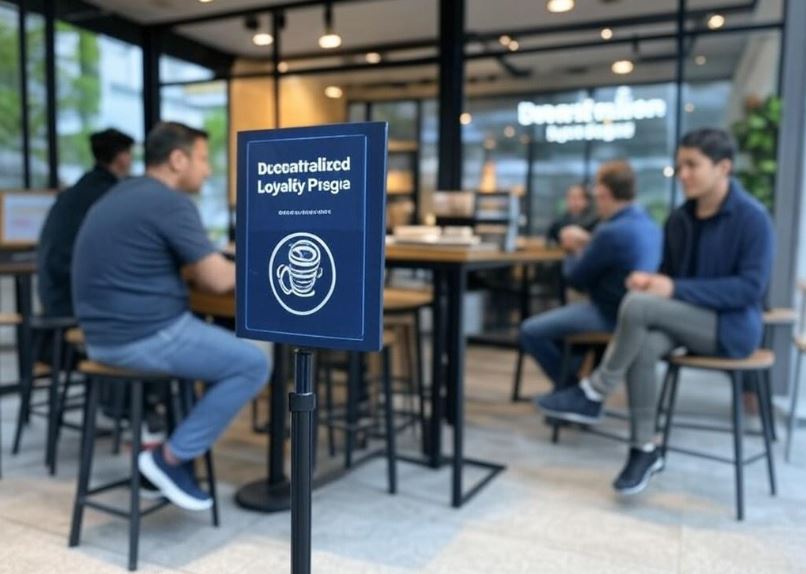
Scenario: A healthcare consortium aims to create a system where patients, hospitals, research institutions, and insurance providers can securely share and access health data with consent, enhancing medical research, patient care, and privacy. Using Web3Dev’s Web3 services:
- Patient-Controlled Data: Patients can store their medical records on the blockchain, granting or revoking access to healthcare providers or researchers as needed. This gives individuals control over their personal health information, ensuring privacy and compliance with data protection regulations like GDPR or HIPAA.
- Interoperable Health Records: Using standards like HL7 FHIR on blockchain, different systems can interact seamlessly, allowing for a patient’s health data to be accessible and usable across various healthcare providers regardless of the initial system where the data was entered.
- Consent Management: Smart contracts can manage patient consent for data access. For instance, a patient could set terms for how long data can be accessed, for what purpose, or require re-consent for new uses of their data. This is automatically enforced by the blockchain.
- Secure Data Sharing: For research purposes, anonymized or pseudonymized data can be shared among institutions while maintaining patient privacy. Blockchain ensures that once data is shared, its usage can be tracked, preventing misuse or unauthorized access.
- Decentralized Clinical Trials: Recruit participants for clinical trials more efficiently and transparently. Researchers can post trial details on the blockchain, and interested patients can opt-in with their data meeting specific criteria, all managed through smart contracts ensuring compliance and transparency.
- Incentivization for Data Sharing: Patients could be rewarded with tokens for sharing their data for research, which can be used for health-related services, discounts on medical bills, or even invested in health-focused decentralized finance (DeFi) applications.
- Fraud Prevention in Insurance Claims: By integrating with blockchain, insurance companies can verify claims against the patient’s health record, reducing fraud, speeding up claim processing, and potentially lowering premiums due to reduced administrative overhead.
- Real-Time Health Monitoring: IoT devices could directly upload health metrics to a patient’s blockchain record, providing real-time data for emergency services or continuous monitoring by healthcare providers, with access controlled by the patient.
- Global Health Initiatives: Facilitate cross-border health data exchange for global health emergencies, allowing for rapid response to pandemics or other health crises by sharing anonymized data across countries with consent.
This use case illustrates how blockchain can revolutionize healthcare by providing a secure, patient-centric approach to data management, potentially improving outcomes through better research, personalized treatment plans, and enhanced system interoperability, all while maintaining stringent privacy controls.
Contact Web3Dev to start your own technological revolution.




No Comments